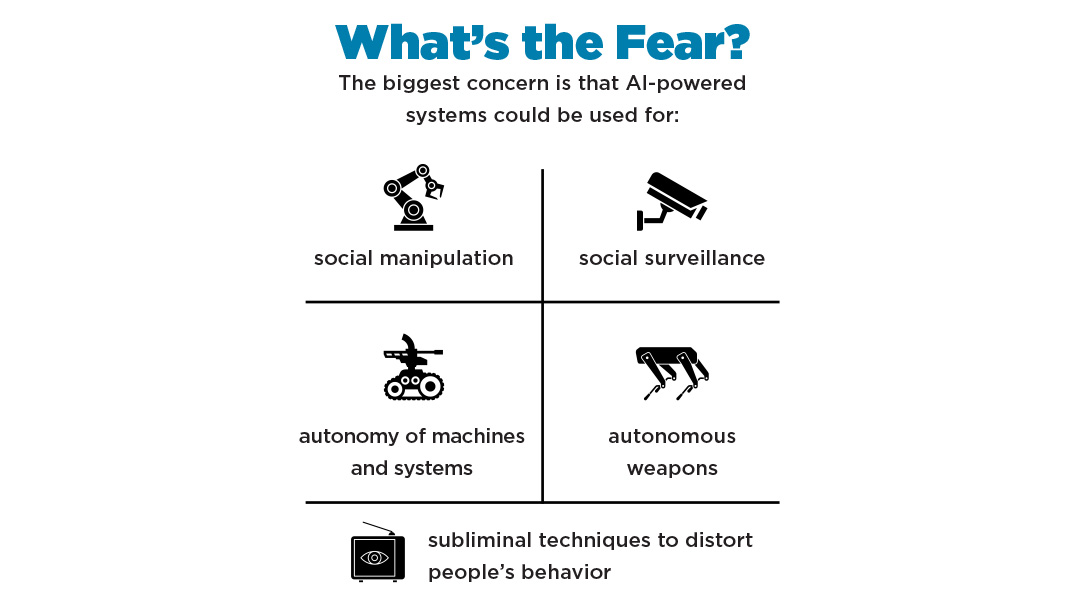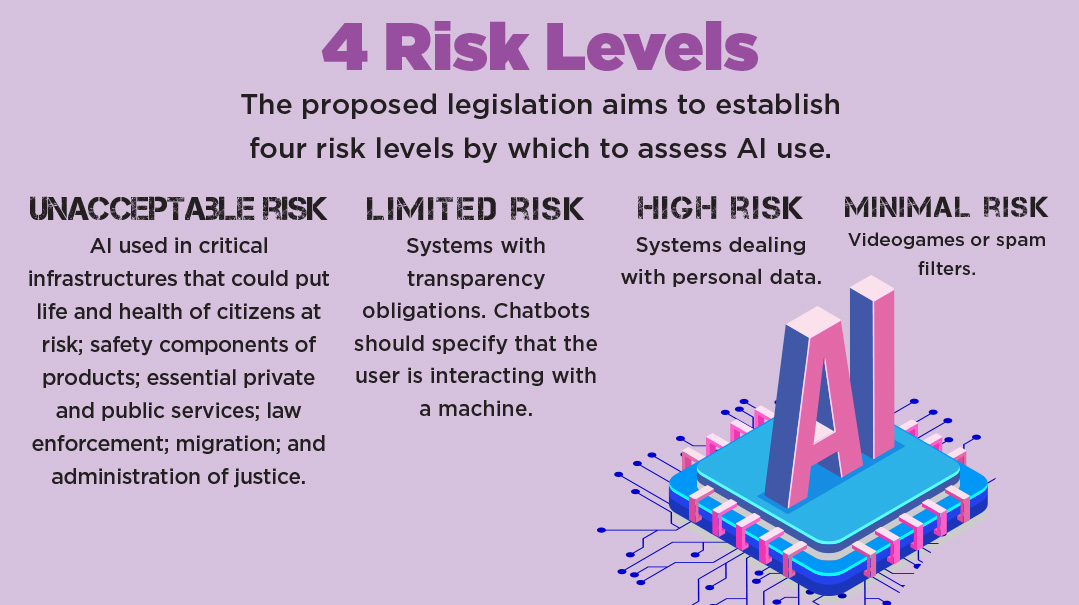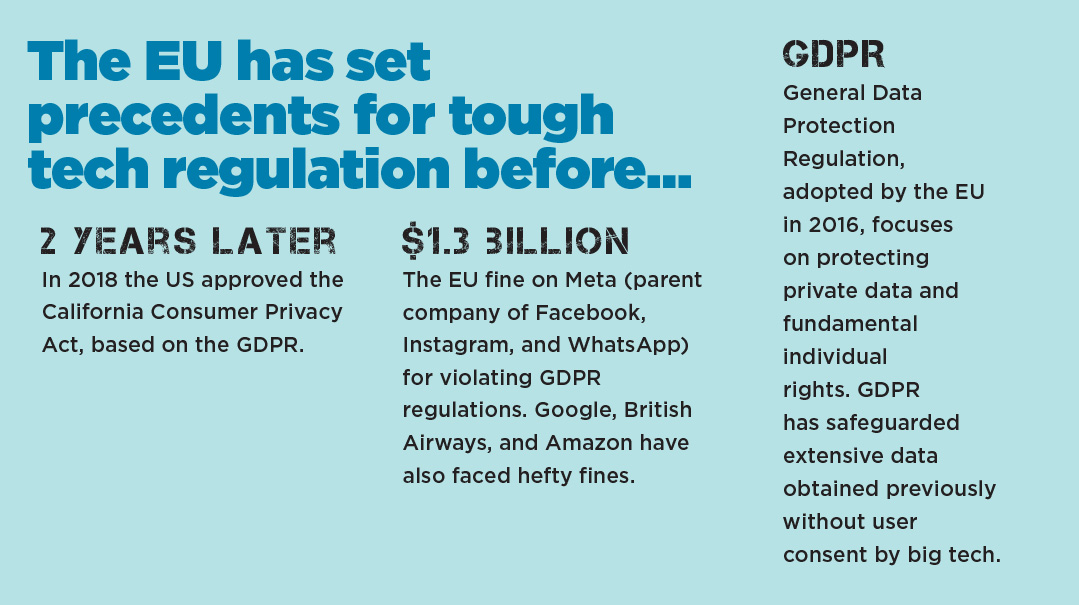EU vs. AI

“AI is too important not to regulate, and too important not to regulate well”

Two weeks ago the European Union took the first step toward regulating the use of artificial intelligence (AI) under its jurisdiction. The move reflects the anxiety with which many leaders view the unpredictable development of AI. While many Western companies hope to test AI’s profit-making potential, China wants to go full-bore on exploiting the technology’s utility in surveillance and control. Now that Europe has made this opening move, the world will be watching the US for signs of what comes next.
What happened?
The European Parliament approved a first draft of a bill known as the “AI Act,” an initial step toward government regulation of artificial intelligence.
Overwhelming approval
499 votes in favor, 28 against, and 93 abstentions


Penalties
Engaging in prohibited AI practices could lead to a fine of either €40 million ($43 million) or an amount equal to 7% of a company’s worldwide annual turnover, whichever is higher — stiffer than the fines for breaking general data protection regulation (GDPR) rules.
Next stage
Negotiations now begin between EU lawmakers and member states to finalize the bill’s details, a process that could take another two years.

Calling for Caution
“If this technology goes wrong, it could do significant harm to the world.” —Sam Altman, CEO of OpenAI
“Governments need to move faster.” —Brad Smith, president of Microsoft
“AI is too important not to regulate, and too important not to regulate well.” —Kent Walker, Google president of global affairs
42
Percentage of CEOs who who believe that unregulated AI could pose an existential threat to humanity within the next 5 to 10 years, according to a Yale University survey.
Against the AI Act
Losses
The Center for Data Innovation has cautioned that EU implementation of the AI Act will result in losses of €31 trillion and a 20% reduction in AI investments in Europe.
Too broad
“It is worrying to see that broad categories of useful AI applications — which pose very limited risks, or none at all — would now face stringent requirements, or might even be banned in Europe.”
—Boniface de Champris, European tech industry spokesperson
Growth Market
$267 Billion: Projected global AI market value by 2027
$13 Billion: Microsoft’s investment in a partnership with OpenAI, creator of ChatGPT
$29 Billion: OpenAI market valuation
China Won’t Stop
Beijing sees its own benefits in AI development:
$27 Billion: Estimated Chinese investment in AI development by 2026.
500%: Increase in the installation of robotic upgrades in Chinese workplaces since 2012, more than twice that of Europe.
26%: Expected growth in China’s gross domestic product for 2026 due to AI, meaning China's economy stands to benefit more from this technology than any other.
Xi’s Alert: “Under a situation of increasingly fierce international military competition, only the innovators win.” —China’s President Xi Jinping
Tongyi Qianwen: The Chinese version of ChatGPT, launched by tech giant Alibaba.
No way to stop it
“If you take the existential risk seriously, as I now do, it might be quite sensible to just stop developing these things any further. But I think it’s completely naive to think that would happen… Even if the US stops developing it, the Chinese won’t. They’re going to be used in weapons. And just for that reason alone, governments aren’t going to stop developing.”
—Geoffrey Hinton, former Google engineer considered the “Godfather of AI”
Sources: Artificialintelligenceact.eu; European Parliament; World Economic Forum; Ada Lovelace Institute; CNN Business; the Guardian; MIT Technology Review; VentureBeat; IDC Worldwide AI Spending Guide
(Originally featured in Mishpacha, Issue 967)
Oops! We could not locate your form.







